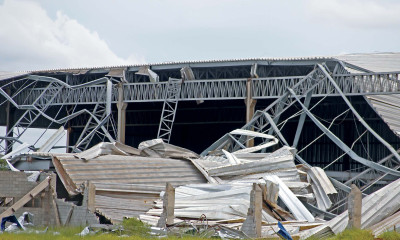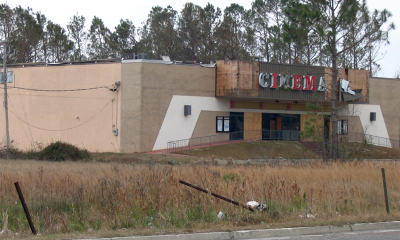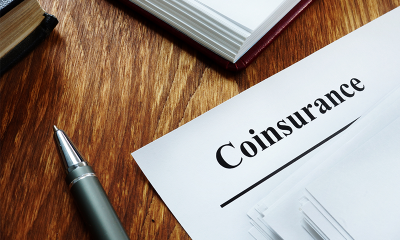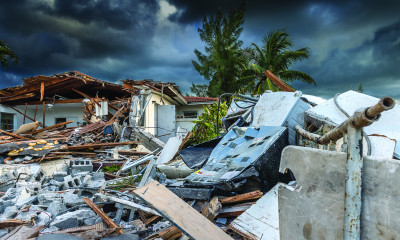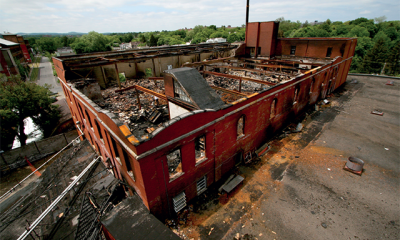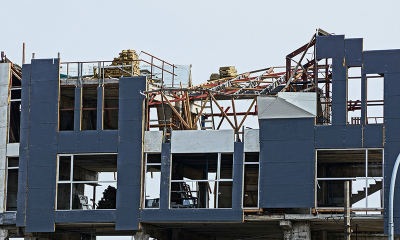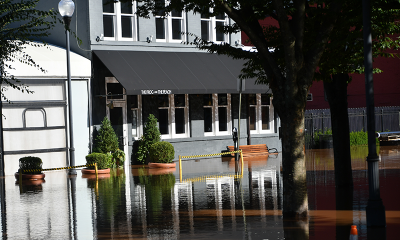Suffered damage to your home? Tips to help inventory your possessions.
When a disaster strikes your home, there is little time to waste before you start the recovery process. Before you can file your insurance claim, you must fully document and inventory all of your damaged belongings. Very few people have ever prepared a current inventory list, or videotaped their belongings, before a loss. And, as result, they are left to rely on memory. In this case, there are several things you can do to help track your personal belongings and prove to your insurance company that the claimed items were purchased, owned and lost/stolen/damaged:
- Track down any saved receipts and electronic receipts, cancelled checks, as well as bank and credit card statements
- This will be helpful in proving to the insurance provider that the items claimed were rightfully purchased and the date purchased to help assess the quality of the item.
- Look through photographs and videos taken in your home
- Gather old photographs or home videos of your home, and ask friends and relatives to as well. Look for items in the background of these images to help complete your catalog.
- Seek out owner’s manuals and product accessories
- Owner's manuals and accessories may help to jog your memory — especially of electronic equipment and major appliances. This can also help with proof of purchase.
- Make a list of the items you clearly remember owning
- Make a list from memory of anything and everything that was in the house when it was damaged.
- Check manufacturers' websites
- Get estimates off of manufacturers' websites to see if they can help determine retail value of a comparable item.
- Hire a professional inventory specialist
- These specialists are experienced with sifting through damaged items after a fire, and know the right questions to ask and the right things to look for in putting together a more complete home inventory.
As the old saying goes, "Hindsight is always 20/20." While the best thing to do is to prepare beforehand, making sure to keep a home inventory that is up-to-date, rarely does the average homeowner know to prepare for the worst. Relying on memory only to recreate a comprehensive list of belongings greatly lowers the chance that you will collect your full insurance benefits. But, by following the recommendations above and considering enlisting the assistance of a professional, you may increase your chances of getting a more equitable settlement.


